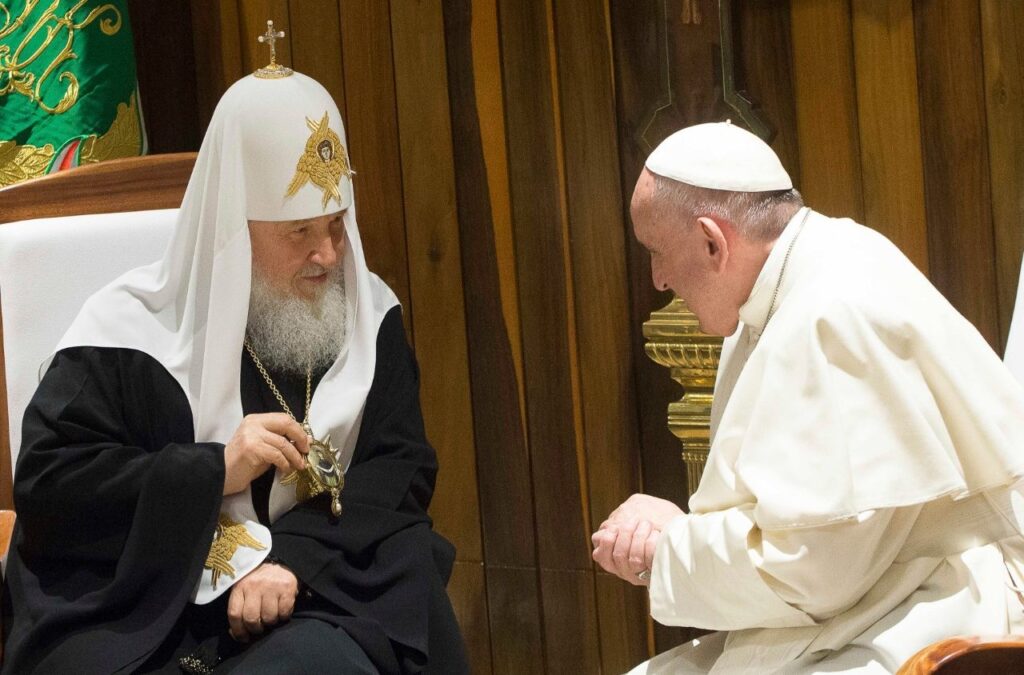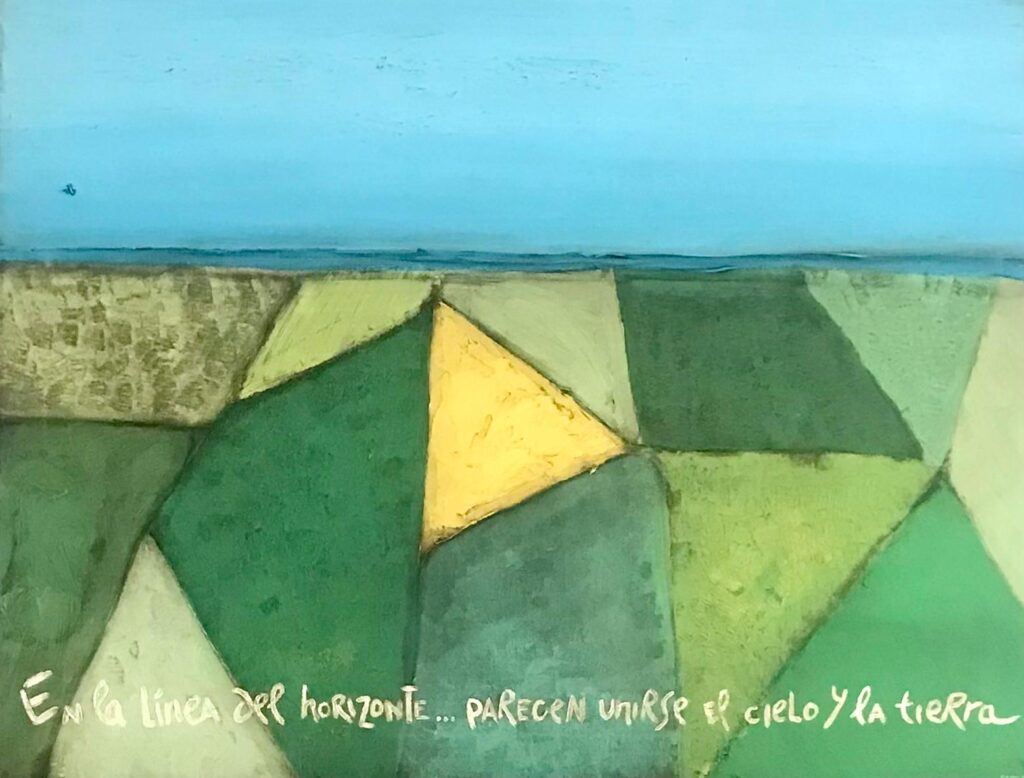Kirill’s Break Does Not Put the Ecumenical Path in Crisis
Christian unity advances despite political challenges

Ecumenism is not in crisis, even though the Russian Orthodox Church of Patriarch Kirill casts a dense shadow by breaking relations. This is a political issue, not a theological one, while another 15 Eastern Christian denominations continue on the ecumenical path. Between primacy and synodality, there should be no opposition; it’s not about finding a compromise among different confessions but laying the foundations for a common Christian life and unity.
These were some of the responses given on Thursday, October 10, to journalists gathered in the Vatican Press Office during a briefing on the progress of the synod of bishops, which will run until the 27th of this month and will hold an ecumenical vigil today.
The central topic of this conference was Christian unity, with speakers from various denominations, starting with Cardinal Kurt Koch, followed by Orthodox Metropolitan Job Gretcha, Anglican Bishop Marin Warner, and Mennonite Pastor Anne Cathy Graber.
What is being done, explained Cardinal Koch, tireless defender of Christian unity, “demonstrates that there is no crisis of ecumenism, but different challenges it faces,” even though “the break caused by Patriarch Kirill with Constantinople is very sad. We share this sadness with the Orthodox,” but it is necessary to “distinguish these positions from the ongoing path.”
His Eminence, in his effort to build bridges and mutual understanding, also reminded that “there is a mixed commission, in which 15 Orthodox Churches participate, that wants to continue this dialogue, hoping to create a better future and to prepare together for a plenary assembly.”
On this subject, Orthodox Metropolitan Job Gretcha, speaking in French, stated that although there is genuine concern about some attitudes of Patriarch Kirill of Moscow, he emphasized that these are “only political positions and not theological. Politics change, but the Church of Christ remains. And the dialogue between the Orthodox and Catholic Churches is purely theological to lay solid foundations for the future.”
Regarding the relationship between Petrine primacy and synodality, Cardinal Koch cited the historic Ravenna Document, clarifying that “we can affirm that synodality and primacy are not in opposition; on the contrary: one does not exist without the other and vice versa,” adding that the discussion on primacy “is not an opposition, but an opportunity to discuss and find a meeting point,” at “all levels of the Church, local, regional, and universal.” Therefore, “without primacy, there is no synodality, and without synodality, there is no primacy.”
For Cardinal Koch, it is significant that there is more presence of fraternal delegates in this session compared to the previous one, as well as their participation in the ecumenical vigil promoted for today, Friday the 11th, in collaboration with Taizé, in a highly symbolic place of the Eternal City: the Square of the Roman Protomartyrs. “Here tradition places the martyrdom of Peter. To remind us that holiness is the surest path to unity,” he said.
At the vigil, two conciliar texts will be highlighted on their 60th anniversary: the dogmatic constitution Lumen gentium and the Decree on Ecumenism Unitatis redintegratio. These documents have shaped the Church’s understanding of itself and its relationship with other Christian communities.
Returning to the topic of the fruits of ecumenism, the prefect of the Dicastery for the Promotion of Christian Unity recalled that bilateral dialogue “has been progressing for 20 years with profit, not only to bring us closer and reconcile us but because it can bear fruit in the internal life of each Church.” This means that “we do not seek only some compromise among the Churches but lay the foundations for a common Christian life and unity.”
Answering questions from the press, the Swiss cardinal emphasized that “a movement is underway; there is no pause in our path,” because “the ecumenical movement is realized precisely by walking together, praying together, and collaborating together.”
Additionally, he provided a particular argument: “Jesus himself does not command the unity of Christians but prays for it: what better can we do than to pray that it may be realized as a gift of the Holy Spirit?”
In this sense, Reverend Graber, who was grateful for the fact that a small Church like theirs was invited to the synod, highlighted the importance of small gestures of reconciliation.
For his part, Anglican Bishop Marin Warner, addressing journalists in English, emphasized that “unlike Anglican synodal sessions, Catholic ones are characterized by prayer and silence, and above all, they are not legislative.” These factors, according to the Anglican primate, favor “a protected space where hearts can be opened to one another, in the conversation of the Spirit, to look creatively and courageously at the challenges of this century.”
Related

Emilio Girón: Stubbornness and Tinto de Verano
Exaudi Staff
30 March, 2025
5 min

Overcoming Emotional Dependence: A Guide with Psychologist Mónica Caballero
Proyecto Ánima
28 March, 2025
2 min

Addictions and Sexuality
José Miguel Ponce
28 March, 2025
2 min

The Chosen: A Series That Wins Hearts in Its Own Language
Mar Dorrio
27 March, 2025
4 min
 (EN)
(EN)
 (ES)
(ES)
 (IT)
(IT)

